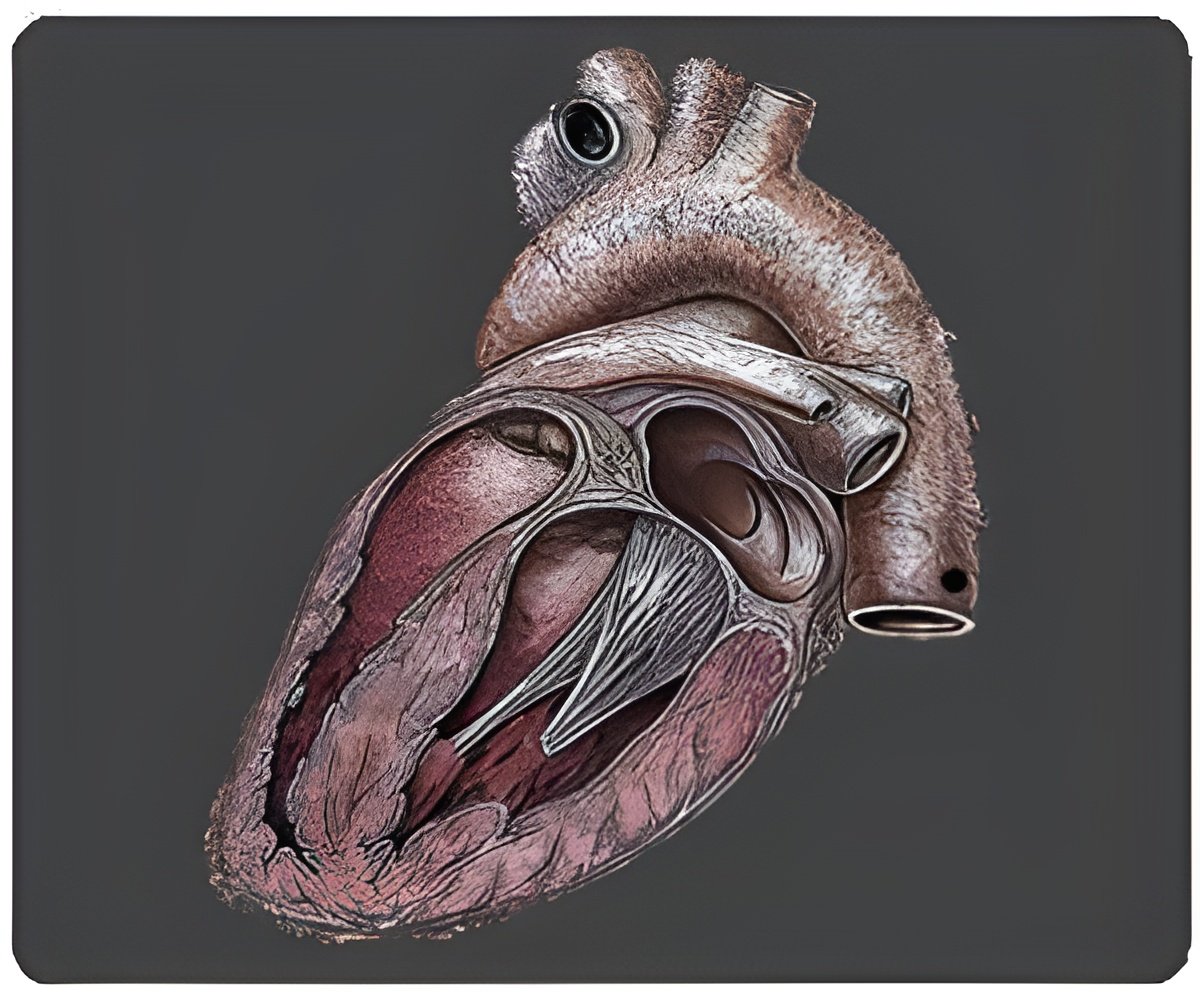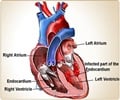Congestive heart failure is ultimately fatal, but the duration and quality of life leading up to death can be very unpredictable.

Authors R. Kheirbek, et al. from Washington DC Veterans Affairs Medical Center and George Washington University School of Medicine, and Bay Pines Veteran Administration Healthcare System and University of South Florida Morsani College of Medicine, modeled the path to death over the preceding 12 months of 744 patients with progressive congestive heart failure. They found that about 20% of patients had an unexpected death, whereas the remaining had a gradual progression toward death.
From these models the authors identified five different trajectories, in an effort to help bring some degree of predictability to the last 12 months of life for these patients, and help them gain some control over their illness. For example, the authors concluded that it may be possible to use progression towards death over three consecutive months as a predictor of need for Hospice consults.
"Death from heart failure is the leading cause of death in the United States," says Charles F. von Gunten, MD, PhD, Editor-in-Chief of Journal of Palliative Medicine and Clinical Professor of Medicine, University of California, San Diego. "It is high time that, like death from cancer, we plan for the future rather than being surprised when it happens."
Source-Eurekalert













